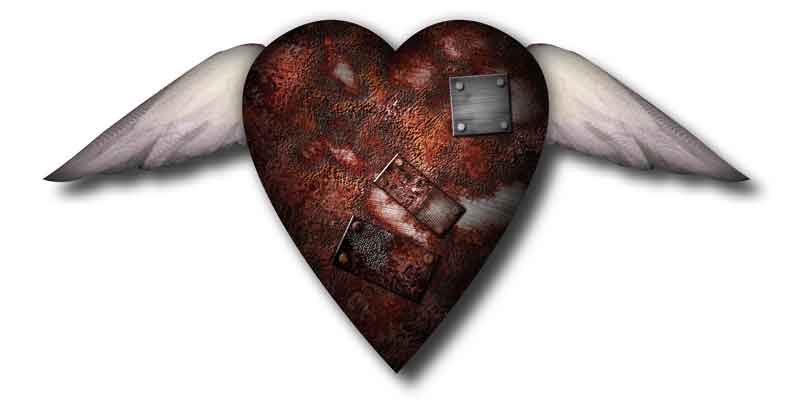It is important to forgive. Remember, forgiving doesn’t mean forgetting, nor does it mean approving, what someone did. It just means that you’re letting go of the anger toward that person.
There are several benefits to forgiveness. From a moral imperative, turning your cheek is the right thing to do. Period. Furthermore, it’s a lot healthier and takes a lot less energy to forgive someone than to hold a grudge and remain angry. The fact is, when you’re consumed by bitterness, resentment, and vengeance, you can get swallowed up by your anger. As Lewis B. Smedes, the renowned theologian, said, “To forgive is to set a prisoner free and discover that the prisoner was you.”
Forgiveness does not mean suppressing your feelings or pretending the anger doesn’t exist. Instead, forgiveness requires a conscious decision to release your resentment and thoughts of revenge. It also calls on you to acknowledge and practice the full range of emotions that you possess, such as grief and anger as well as kindness and compassion –– even toward someone who has hurt you deeply.
That’s tough, you say? It’s important to remind yourself that one of the main reasons to show forgiveness is to benefit yourself. Hate is a cancer on one’s soul. It can cause you to feel helpless and frustrated and trap you in a never-ending cycle of anger and resentment. And although you may have every reason to be bitter, you will be compounding the problem by keeping the issue alive. Think of it this way: While they hurt you once, now you’re doing it to yourself.
The truth is, forgiveness reduces the offender’s grip on you and helps you focus on other, positive areas of your life. So follow the wisdom of Robert Brault, the author, who said, “If you can’t forgive and forget, pick one.”
Do You Forgive?
Additional Reading:
Be Humble: Don’t Let Success Go to Your Head
Courage: No Guts, No Glory
Forgiveness: It’s Good For You
If you like this article, subscribe to our blog so that you don’t miss a single post. Get future posts by RSS feed, email or Facebook. It’s FREE.






You know, Frank, I believe in forgiveness also, but, I wonder just how “turning the other cheek” would work with some of those terrorist Muslims that want to cut off your head or your loved one’s head. These people are stone craxzzy!! I can think that I might respond a certain way in my head, but, what would I do if I was actually confronted with the real situation??
Hi Michael
I absolutely understand what you’re saying.
Last year, I was appalled and horrified by the mass shooting that took place in the Charleston church. How could someone be so hateful by taking the lives of nine innocent people?
As the days unfolded, the people of Charleston responded with shock and sadness. They also responded peacefully… forgiving the alleged assailant. To be honest, I’m not sure I could have done the same.
As I said in my post, “Forgiveness does not mean suppressing your feelings or pretending the anger doesn’t exist.” It’s a lot healthier and takes a lot less energy to forgive someone than to hold a grudge and remain angry. The fact is, when you’re consumed by bitterness, resentment, and vengeance, you can get swallowed up by your anger. As Lewis B. Smedes, the renowned theologian, said, “To forgive is to set a prisoner free and discover that the prisoner was you.”
Best,
Frank